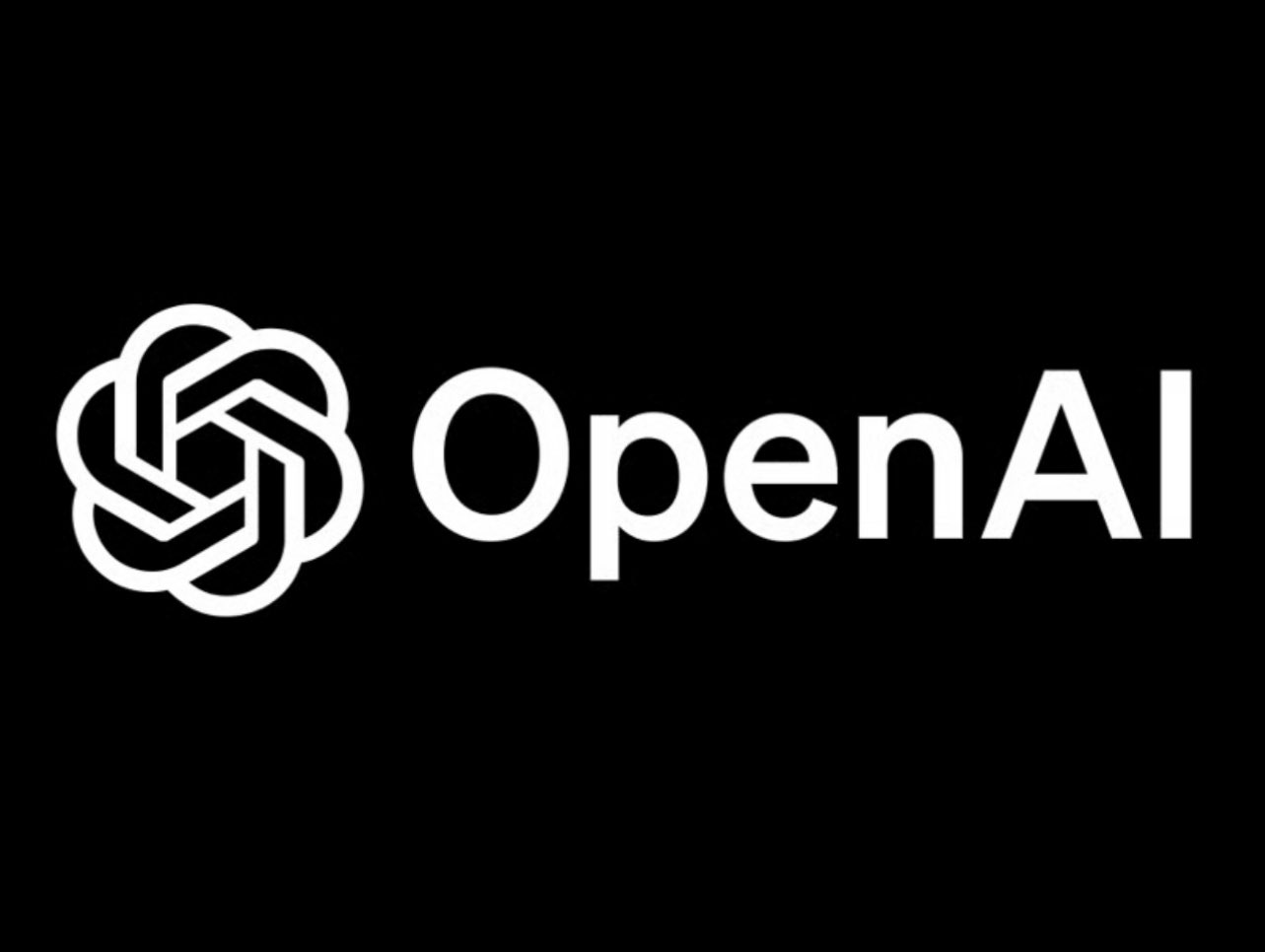Trump Allies Challenge Judiciary Amidst Controversy
Recent tension between the executive branch and the judiciary intensifies, raising questions about the limits of judicial power and the implications for democracy.
Published February 11, 2025 - 00:02am

Image recovered from ibtimes.com
The Trump administration is embroiled in significant controversy, marked by escalating tensions between the executive branch and the judiciary, bringing the fundamental concept of checks and balances into the spotlight. Central to this debate are Vice President JD Vance and billionaire Elon Musk, both vocal critics of what they perceive as judicial overreach.
JD Vance recently sparked debate by suggesting that the judiciary lacks the authority to dictate how the executive branch should operate in certain domains, such as military operations and prosecutorial discretion. His comments, made via social media, drew widespread criticism from legal experts and politicians across the spectrum, who argue that such views misinterpret the U.S. Constitution's intention of providing a balance of powers among the government's branches.
The judiciary's role in this dynamic is to ensure that executive actions remain within legal bounds, a role that has become increasingly contentious as numerous lawsuits challenge the Trump administration's policies. Recent rulings have blocked initiatives ranging from a federal employee buyout program to access restrictions on Treasury payment systems implemented by Musk's Department of Government Efficiency (DOGE).
Elon Musk, tasked by Trump to lead cost-cutting initiatives in government, has not only echoed Vance's sentiments but proposed more radical measures. He suggests that a percentage of appointed judges be dismissed annually based on their performance as assessed by elected officials, a proposition raising alarms about judicial independence.
This backdrop of controversy arises from a series of judicial decisions, including one by a federal court in New York, which Musk vehemently opposed. The court's decision restricted DOGE's access to sensitive payment systems, demonstrating the judiciary's power to check executive operations that compromise data privacy and governmental transparency.
Critics from various quarters—including legal scholars, judicial bodies, and political representatives like Rep. Ilhan Omar and Sen. Chris Murphy—have expressed their apprehension about this unfolding situation. Many perceive it as a constitutional crisis and a potential slide toward authoritarian governance. They emphasize the judiciary's pivotal role as a guardian of democratic norms and express concern over the executive's perceived encroachment.
These events occur within a broader context of legal and political upheaval, as the administration pursues ambitious, sometimes controversial policies, amidst deepening partisan divides and public unease. The administration's critics argue that the combined rhetoric of JD Vance and Elon Musk undermines the judiciary's legitimacy, posing a threat to judicial independence, which is vital for a democratic society.
Furthermore, the discourse surrounding these issues has become increasingly polarized. The narrative within the political right highlights frustration over what they perceive as obstructionist judicial practices. Conversely, those on the left regard these challenges as a danger to the foundational principles of democracy.
This evolving scenario underscores the importance of maintaining the separation of powers. The judiciary's interventions remind government entities that all actions must comply with constitutional mandates, serving as a check against potential misuse of executive power.
Ultimately, this unfolding situation presents a critical juncture for American democracy. It calls for a nuanced understanding of how the interdependence of governmental branches functions as a safeguard of liberty and rule of law. The debates engendered by JD Vance's and Elon Musk's comments thus highlight the delicate balance required to maintain a healthy democracy in a rapidly changing world.
The potential implications of diminishing judicial independence are vast and could alter the landscape of American governance. As the dialogue continues, the need for engagement, reasoned discourse, and adherence to constitutional principles is paramount to navigate these turbulent times.






